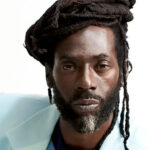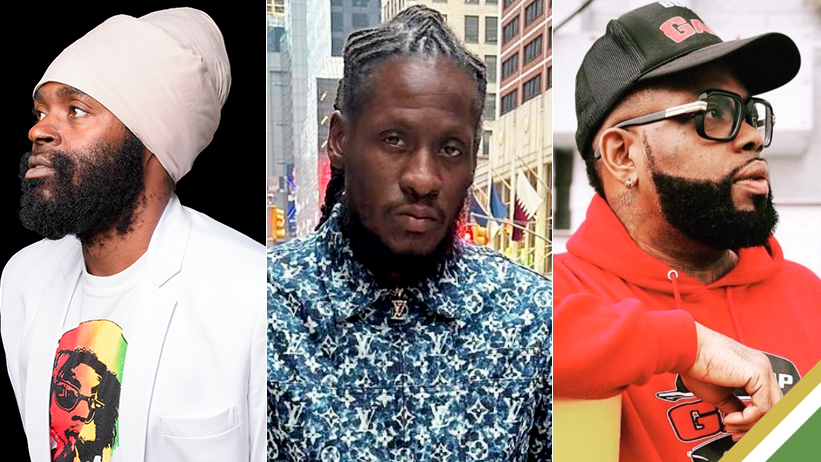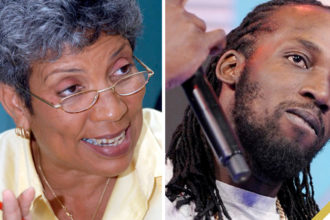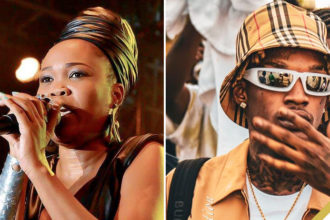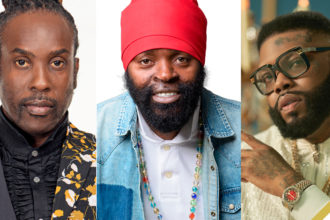The ongoing bloodletting that has resulted in the deaths of over 597 Jamaicans since the start of the year and a noticeable rise in criminality in the parishes of Hanover, Manchester, St. Ann and Clarendon compared to the same period last year has led to much public outcry for social change in the way we as a nation handle personal and professional conflicts.
Aside from government corruption, the judiciary and socio-economic ills faced by segments of society, some level of the blame has also been laid squarely at the feet of entertainers, especially dancehall artists, many of whom have been chastised over the years for setting poor examples by promoting division and hostility through their music, particularly to those who are young and impressionable.
In a move aimed at regressing the crime rate, several entertainers have stepped forward, vowing to be part of the change towards a better Jamaica. Recently, there has been an urgent plea from vocalists Aidonia, Bugle and Demarco on various platforms for an end to the bloodshed.
Leading by example, Demarco has made peace with his musical nemeses, Masicka, Konshens and Mavado, though these conflicts never escalated beyond harsh words the “Jancrow” hitmaker during a recent sitdown with Prism Marketing Consultants highlighted the reason for the move,
“Part of growth is maturity, and as an established artiste, I have to look at what type of legacy I am trying to leave in this industry. I want to be as impactful as I can, so the more we can work together, the more we’ll be able to achieve.” – He declared.
Aidonia and former arch-rival Busy Signal have also put aside their differences, evidenced by a recent image of the two sharing a photo op. Over the weekend, he also pleaded for peace and unity during an interview with ONStage TV.
Meanwhile, Bugle, known for his thought-provoking compositions, has consistently advocated for solidarity among his peers and the wider society. His cries got even louder over the weekend during a performance at the just concluded Mobay Crab Festival in Montego Bay.
In May, Bugle told Prism Marketing Consultants that despite Nigeria having similar social issues as Jamaica, part of the reason their music [AfroBeats] is able to transcend boundaries and impact the world to the level it has, is because of the unity among artists of that genre and the contents of their songs.
“We keep looking and comparing ourselves [dancehall] to AfroBeats, but what they are doing is working and making money together, you don’t see them out there warring with each other and promoting violence. Yes! They have a bigger market, but if we can bring that unity into reggae and dancehall, we could be much further ahead than where we are presently.” – Bugle added.
Through collaboration and a shift away from promoting violence, Jamaica’s reggae and dancehall genres have the potential to achieve greater success and contribute to a better future for the nation. By leading by example, these artists inspire others to join the movement and work towards a safer and more harmonious society and, by extension, a reduction in the country’s crime rate.





